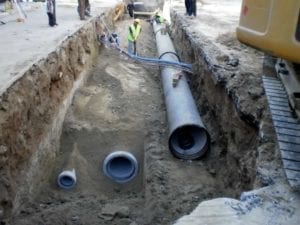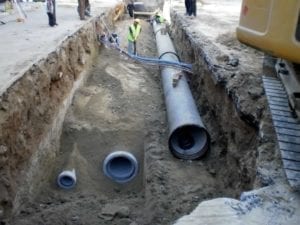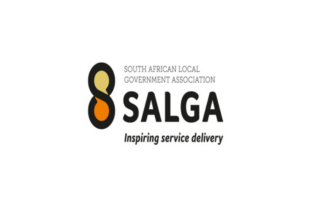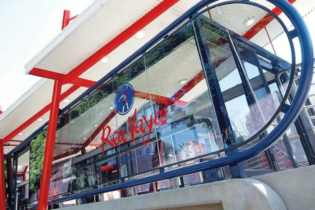 One of City of Johannesburg’s oldest canals, has undergone an R8 million upgrade as part of the city-wide repair and rehabilitation of stormwater drainage systems.
One of City of Johannesburg’s oldest canals, has undergone an R8 million upgrade as part of the city-wide repair and rehabilitation of stormwater drainage systems.
The Johannesburg Roads Agency (JRA) has embarked on the structural rehabilitation of the 2.65km Robinson Canal in efforts to minimize urban and residential flooding.
The project has been divided into three phases: Phase 1 of the structural improvements is 65% complete and is expected to reach completion at the end of June 2017.
“A systematic approach was adopted in carrying out repairs and rehabilitation of Robinson Canal. Phase 1 which is estimated at R8 million focuses on repairs and rehabilitation of the open channel which services Region F, city and suburban. It extends from Main Street passing through Selby and Ophirton and ends on Lake Street.
“Repairs have been undertaken on the canal linings, rehabilitation of sinkholes, sludge and vegetation removal and gabion works, said Nonhlanhla Makhuba, Councillor, Mayoral Committee.
“Multiple defects were reported as part of initial site inspection, which required the scope of work to be divided into three phases.
According to the JRA, phase 2 of the structural repairs has been scheduled for the 2017/2018 financial year with capital expenditure budget of approximately R5 million. The second phase will focus on the six-month repair of the underground channel which will require a high level of safety due to the nature of trapped gases from the waste water in the lower lying structure.
The repairs to Robinson Canal were prioritised due to the increased risk of water contamination from grey water and industrial waste water that contains high toxicity levels which are harmful to humans and the environment.
“When waste water containing high levels of chemicals is not properly managed, it not only has a destructive effect on the walls of the canal but also releases harmful gases into the atmosphere, endangering the local habitat with increased carbon emissions,” said the JRA in a statement.
“Stormwater management is essential in ensuring the minimisation of urban and residential flooding. The impact of climate change has been evident with an increase in flash flooding in urban areas after sporadic torrential downpours since 2009 with most recent in late 2016 and early 2017. This has resulted in increased water volumes and a negative impact on the aging stormwater infrastructure across the City.”
The JRA is committed to transformation and creating employment through its Expanded Public Works Programme (EPWP). Forty local labourers were employed for the duration of the project, while four emerging sub-contractors from the local community were hired, with the main contractor being female-owned.
 One of City of Johannesburg’s oldest canals, has undergone an R8 million upgrade as part of the city-wide repair and rehabilitation of stormwater drainage systems.
One of City of Johannesburg’s oldest canals, has undergone an R8 million upgrade as part of the city-wide repair and rehabilitation of stormwater drainage systems.






